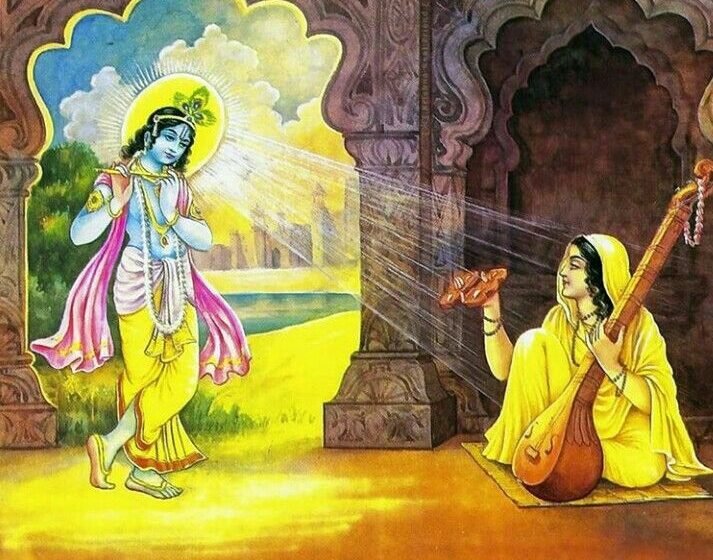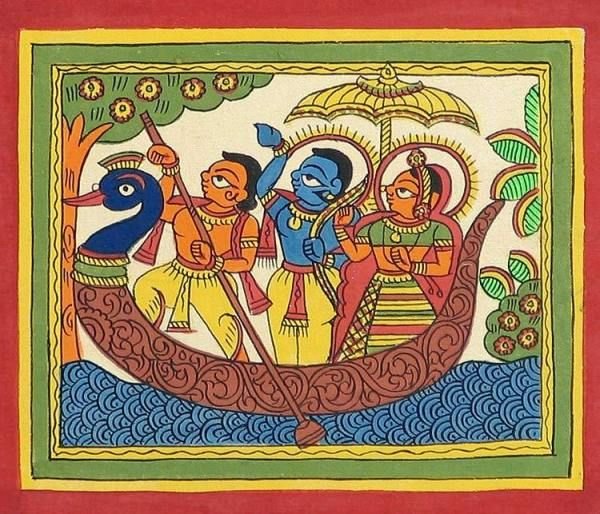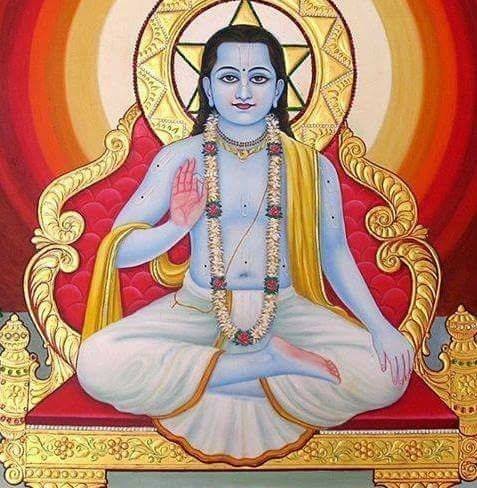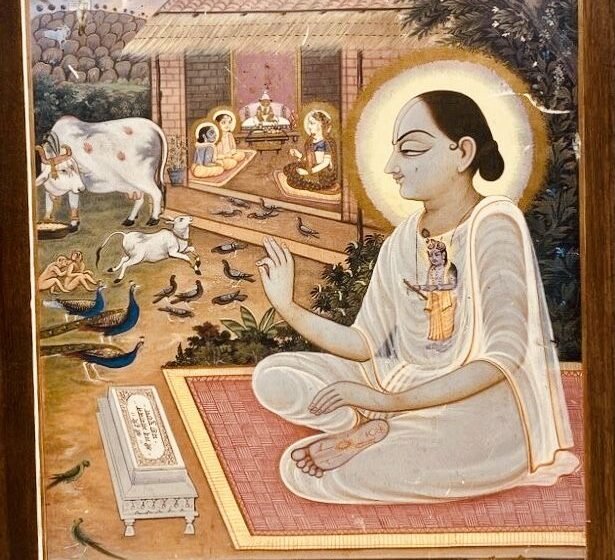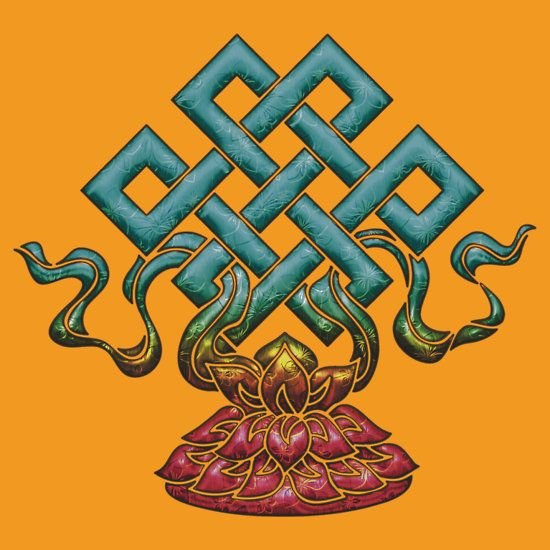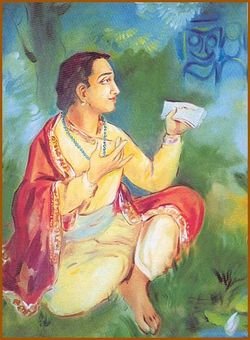Poetry now seems to be fleeing, as if restless in its own skin! The nearby poems catch wind of its urgency, stirring in quiet unease. Each verse dares to stretch beyond its boundaries, pausing mid-flight to wrestle with the weight of its own thoughts. The Bhakti Kaal (Devotion Period) left a profound mark on Hindi […]Read More
Tags : Krishna
While recent times have brought a lot of notice to the Indian art scene as a collective force, it has also facilitated some attention towards indies very own folk styles of paintings. Phad paintings originating in Shahpur in Rajasthan happen to be one of those. It is now not only seen as a beautiful and […]Read More
The concept of “rasa” represents the essence of human emotions and plays an important role in the tapestry of Indian art and literature. Among the nine states of happiness or emotion described in classical Indian aesthetics, laughter or humor shines brightest as an expression of joy, sarcasm and wisdom. This blog delves into the origins, […]Read More
Shri Nimbarka: The Devotee of Radha-Krishna
Nimbarka, also known as Nimbarkacharya, was a Hindu philosopher and theologian who founded the Nimbarka Sampradaya, a tradition within Vaishnavism. He is best known for his teachings on the dualistic-non-dualistic philosophy called Dvaitadvaita. Nimbarka’s devotion to Radha and Krishna and his unique philosophical contributions have left a lasting impact on Hinduism. Nimbarka was born in […]Read More
Vallabhacharya, also known as Vallabha, was a 16th-century Indian saint, philosopher, and the founder of the Puṣṭimārga sect of Vaishnavism. His life and teachings left an indelible mark on spiritual thought and cultural practices in India. Vallabhacharya was born around 1479 CE in the region of Braj (Vraja), which encompasses present-day Uttar Pradesh, India. His […]Read More
Shrivatsa or Srivatsa is a Sanskrit word that means the beloved of Sri. It a triangular shape mark that is said to appear on the right side of Vishnu’s chest—one of the major Hindu deities and one of the three creator deity. The triangular mark, depicted as a looped knot or a set of interlocking […]Read More
Jayadeva, born around 1170 CE in East India, stands as a luminary figure in Sanskrit poetry during the 12th century. His poetic brilliance is encapsulated in the renowned epic, Gita Govinda, a mesmerizing narrative that delves into the divine love between Krishna and Radha during the vibrant rites of spring. This opus, uniquely positing Radha’s […]Read More
